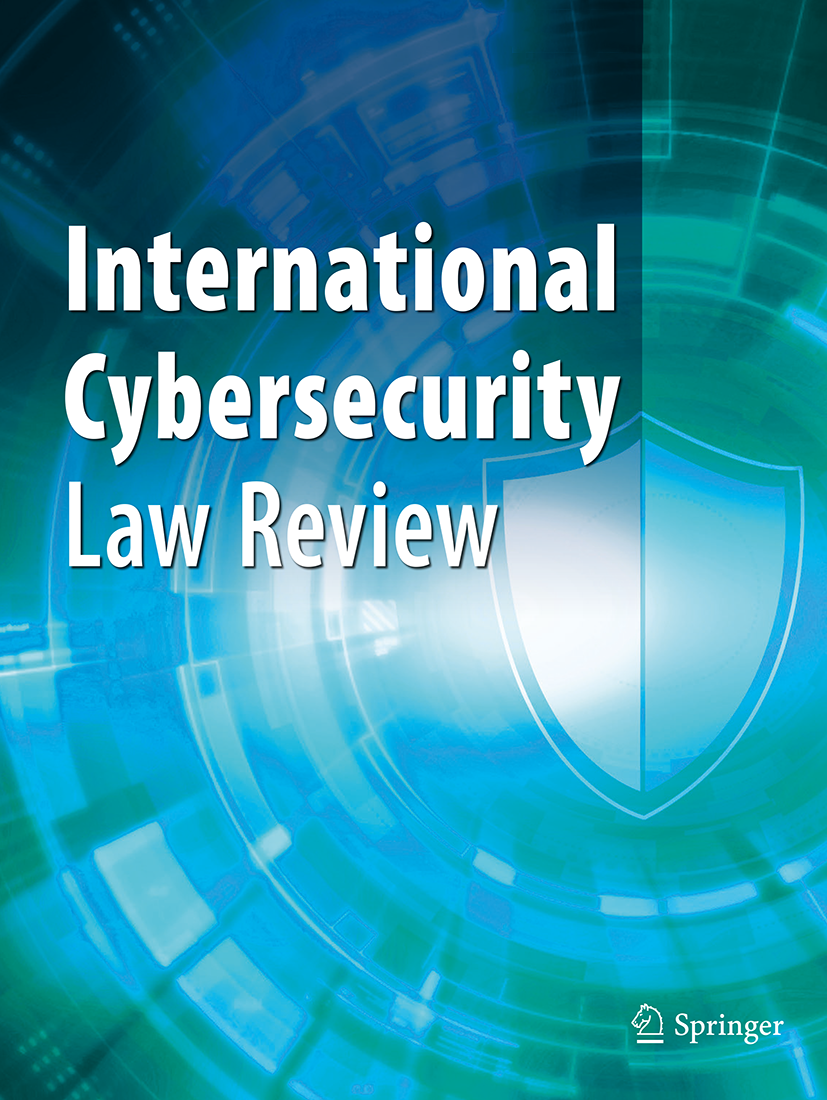Decoding the dark: AI and ML in the dark web cybercrime and cryptocurrency forensics
Published in Social Sciences

In light of the increasing use of modern technology and the exploitation of the Internet by criminal groups and terrorist organizations to achieve their criminal purposes, and given the growing rates of cybercrimes such as identity theft, online fraud, and data breaches, there has been a great need to pay attention to the forensic science of digital evidence, as it is one of the most critical tools of criminal justice and law enforcement agencies in reducing cybercrime.
In this context, digital forensics could be defined as a specialized field within forensic science that deals explicitly with identifying, acquiring, processing, analyzing, and reporting electronically stored data. Electronic evidence is an integral part of nearly all illegal acts, and the assistance of digital forensics is vital for law enforcement investigations.
As digital evidence continues to evolve in its dynamic and delicate nature, the importance of digital forensics is rising. This evidence necessitates law enforcement agencies to implement stringent safety, health, and reliability measures to ensure its admissibility and authenticity in criminal courts.
The ever-changing landscape of digital evidence underscores the need for law enforcement professionals to stay current with technological advancements, a crucial aspect of their ongoing efforts to combat cybercrime. Continuous learning and adaptation to these advancements, as well as your expertise in digital forensics, are critical to our success.
Successive technological developments have contributed to the emergence of cryptocurrencies, which have gained global recognition in various legal fields. At the same time, these new currencies have not been spared from being used by criminal groups and terrorist organizations to commit many criminal activities, especially in the vicinity of the dark web, exploiting the characteristics of these currencies and this dark network that contribute to the anonymity of the personalities of the perpetrators and make it difficult for law enforcement agencies to pursue them.
With these successive developments, law enforcement authorities face numerous challenges in confronting online criminal activities, the most significant of which is the issue of proving these crimes through digital evidence. This study underscores the urgency and importance of addressing the role of digital forensics in this context. The study aims to shed light on the digital forensics of cryptocurrencies and the dark web by reviewing the role of the elements and tools involved in their formation, such as blockchain, computers, and mobile phones, and learning evidence. It will focus on its methods and review the extent to which artificial intelligence and machine learning can be relied upon in forensics on the dark web.
The study examines the digital forensics of cryptocurrencies and the dark web, explicitly focusing on the role of elements and tools, such as blockchain, computers, and mobile phones, in their formation and evidence gathering. It also explores using artificial intelligence and machine learning in dark web forensics.
The descriptive-analytical method highlights the need for urgent research in digital cryptocurrency forensics, particularly in significant cryptocurrencies such as Monero, Ethereum, Verge, and Dogecoin, which are gaining popularity among legitimate and malicious users. The study also highlights a critical gap: the need for substantial research on host-based cryptocurrency forensics, especially mobile-based forensics.
Due to its distinctive characteristics and appeal to a wide range of consumers, indications suggest that Bitcoin will progressively integrate into global financial institutions. Consequently, the utilization of cryptocurrency by wrongdoers is increasing due to the currency's uncontrolled and anonymous characteristics, propelling us towards a future dominated by cybercrime driven by cryptocurrency.
The existing technological capabilities of law enforcement agencies and researchers worldwide may need improvement, highlighting the need for advancements in digital forensics, particularly in the analysis of Bitcoin artifacts. Furthermore, it requires the unrestricted dissemination of information concerning cryptocurrency investigations across international agencies, which can then be shared with local law enforcement organizations.
The studies identified the need to address several areas of digital cryptocurrency forensics, in which gaps can be filled by developing advanced solutions for cryptocurrency forensics. Further investigation is required in digital forensics regarding significant cryptocurrencies, such as Monero, Ethereum, Verge, Dogecoin, and others.
This is necessary because these currencies are becoming increasingly popular among both legitimate users and evil individuals. The survey highlighted another research gap: the limited amount of substantial research on host-based cryptocurrency forensics, particularly in mobile-based cryptocurrency forensics. Host-based forensics is crucial in identifying initial evidence to guide blockchain forensics investigations, which track money flows.
Most of the research conducted on host-based forensics focuses on outdated operating systems or platforms, underscoring the need for studies on more current versions. When examining forensic methods for cryptocurrencies, it is crucial to consider security and vulnerability assessment studies.
These studies can provide valuable insights into potential exploits or attacks that are useful for forensic investigations. To summarize, research in blockchain-based forensics is advancing organically in tandem with technological advancements. However, there is a need for focused attention on host-based forensics for cryptocurrency.
Follow the Topic
-
International Cybersecurity Law Review

This is a journal publishing articles on global developments in cybersecurity, data security, technology, law, and regulation.




Please sign in or register for FREE
If you are a registered user on Research Communities by Springer Nature, please sign in